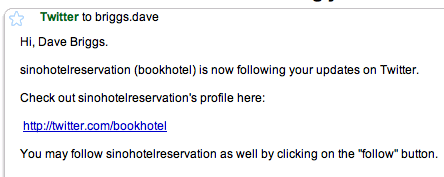Get posts sent to your inbox:
Dead tree web 2.0 reading list
There are a number of books out there which are covering a lot of the stuff I am interested in with regard to the web and collaboration. It might be worth coming up with a reading list – how about a challenge to read them all by the end of the year?!
These aren’t necessarily all web 2.0 specific books: some cover background and the history of the technology too.
1. Here Comes Everybody – Clay Shirky
2. We-think: The Power of Mass Creativity – Charles Leadbeater
3. A Brief History of the Future: Origins of the Internet – John Naughton
4. Wikinomics: How Mass Collaboration Changes Everything – Don Tapscott and Anthony Williams
5. Everything is Miscellaneous: The Power of the New Digital Disorder – David Weinberger
6. The Cluetrain Manifesto: The End of Business as Usual – Christopher Locke, Rick Levine, and Doc Searls
7. The Long Tail: How Endless Choice Is Creating Unlimited Demand – Chris Anderson
8. Accidental Empires: How the Boys of Silicon Valley Make Their Millions, Battle Foreign Competition and Still Can’t Get a Date – Robert X Cringely
9. Naked Conversations : How Blogs are Changing the Way Businesses Talk with Customers – Robert Scoble and Shel Israel
10. The Cult of the Amateur: How Today’s Internet Is Killing Our Culture and Assaulting Our Economy – Andrew Keen
Are there any classics that I have managed to miss? Or are some of my picks utter dross that shouldn’t be touched with a bargepole?
Disclosure: the links to Amazon are associate links, which provide a bit of money towards Palimpsest, the arts and politics discussion forum I run.


